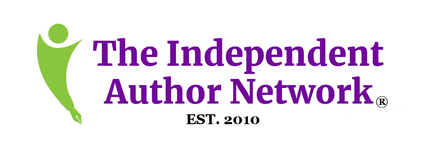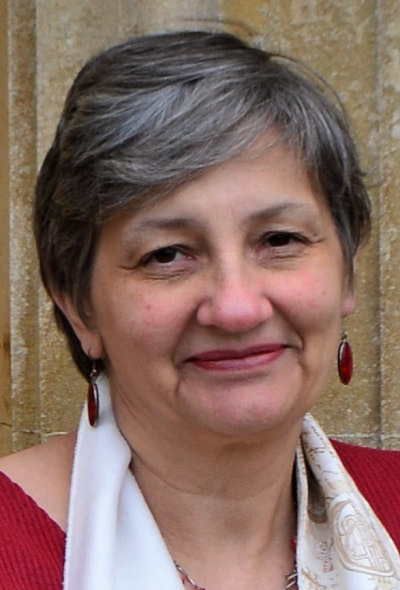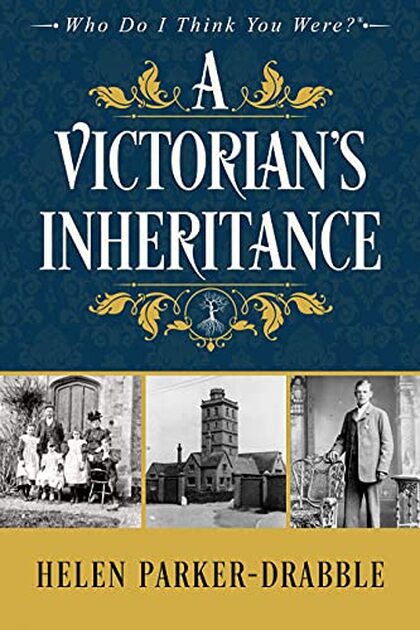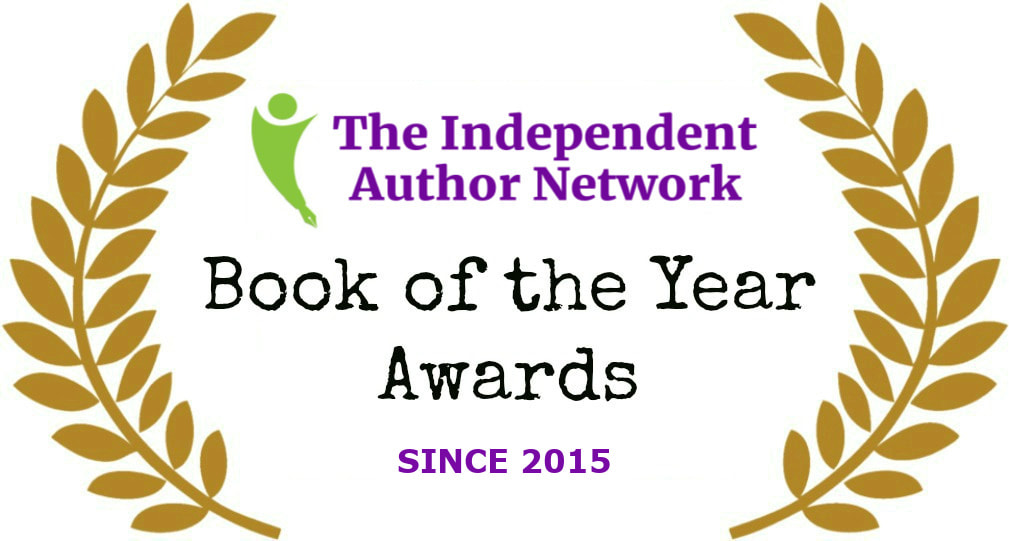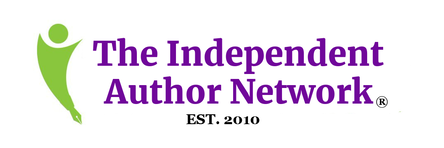Helen Parker-Drabble
|
A Counselling Background: A Family Historian Turned Geneatherapist.
I am a former counsellor, a genealogist, and a family historian. For my series, Who Do I Think You Were?® I bring the three fields together to become a ‘geneatherapist.’ As a geneatherapist, my mission is to benefit present and future generations by: 1. exploring common experiences that affected your ancestors 2. introducing you to current and historical theories of mental health, psychology, and neuroscience 3. helping you deepen your understanding of your ancestors 4. offering an example of family history writing to encourage you to leave your legacy. Fascinated by psychological theory and the stories we develop to make sense of ourselves and our family, my original quest was to understand my Victorian grandfather, Walter Parker, born in 1885 in the English village of Upwell on the Norfolk/Cambridgeshire border. During my research, a transgenerational legacy of loss, trauma, anxiety, and depression unravelled. It revealed repeated patterns of behaviour that I too had unwittingly passed on. Family history does not survive unless it is in print. So, I pondered how to share what I had learnt. Inspired by the few trailblazers, I set out to write an engaging and accessible series. One that could encourage others to pass on what they have painstakingly discovered. 'The author notes that she set out to write a book about her family history that was both “engaging and accessible”, and she has certainly succeeded in this aim. The information provided is thoroughly researched but always presented with a light touch. Those who love family history will enjoy this book and take from it some excellent ideas about how they might present their own family stories. I recommend it with pleasure.' - Emeritus Professor of Psychology Susan Moore, Australia |
'Who Do I Think You Were?' A Victorian's Inheritance
|
Family History, Social History, Psychology
Anxiety. Addiction. Depression. We associate these words with the challenges of modern life. Rarely do we consider how these conditions shaped past generations. Using archival sources, testimonies, and her grandfather Walter Parker’s experiences, the author not only paints a vivid picture of life in an English Victorian village, but she also draws upon psychological theory to explore the lives of her working-class ancestors. What did your forebears inherit from their parents? Which psychological characteristics did your ancestors hand down? Helen, a former counselor, turns geneatherapist. Her mission is to use historical and current understanding of mental health, psychology, and neuroscience to deepen your understanding of your ancestors and benefit present and future generations. A Victorian’s Inheritance can help you find answers. |
